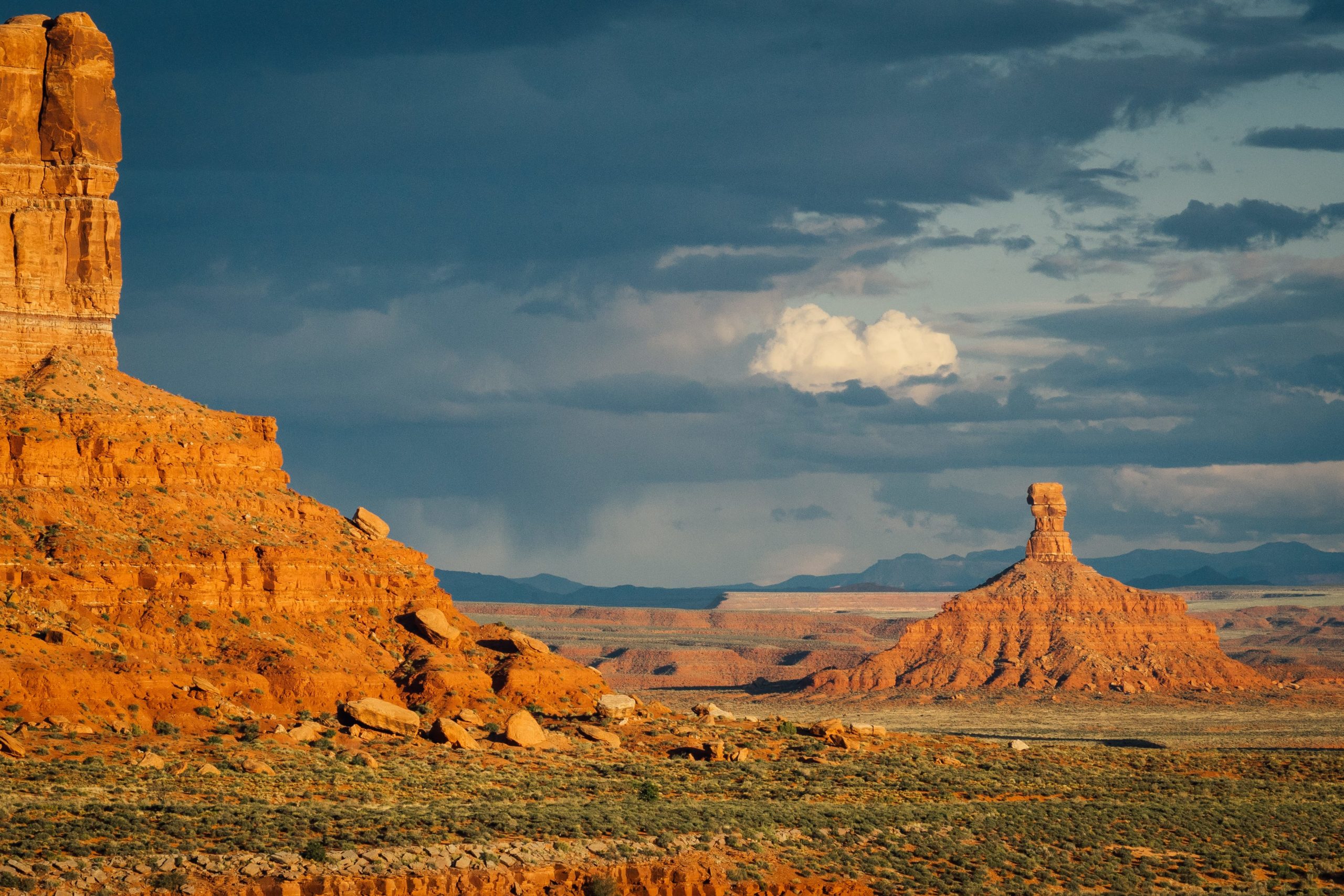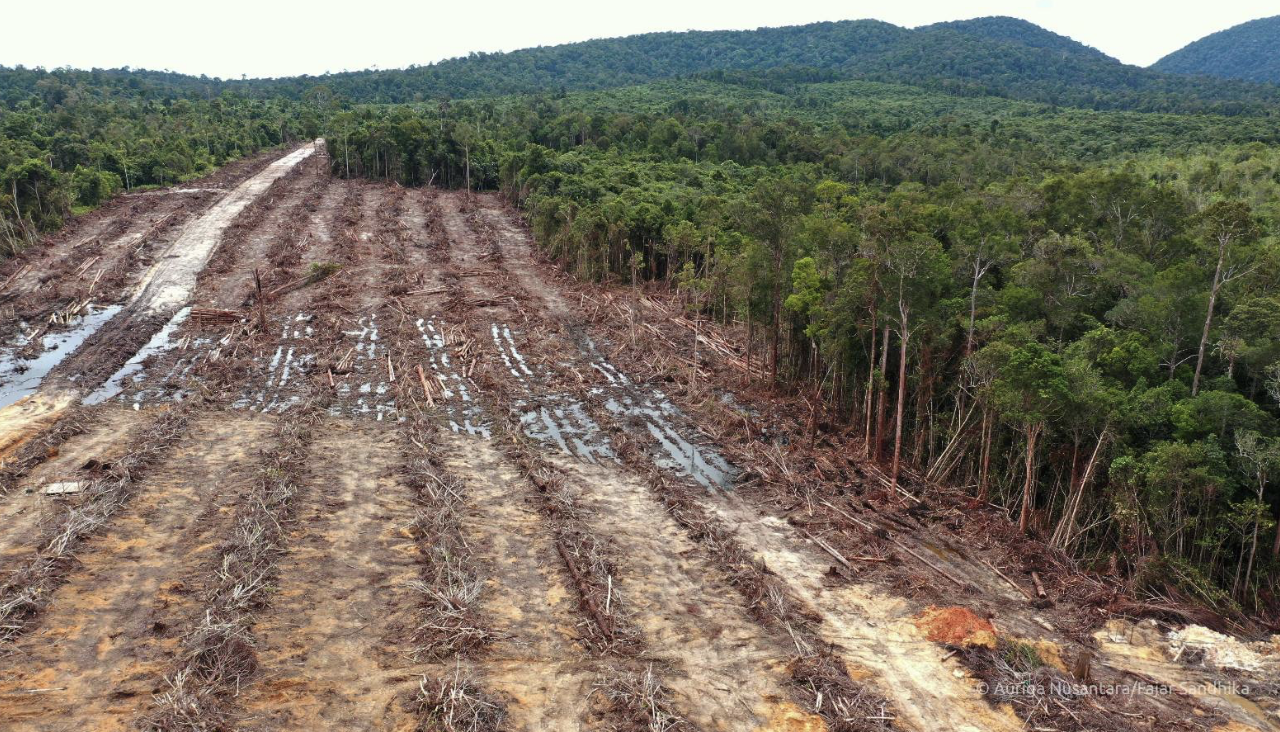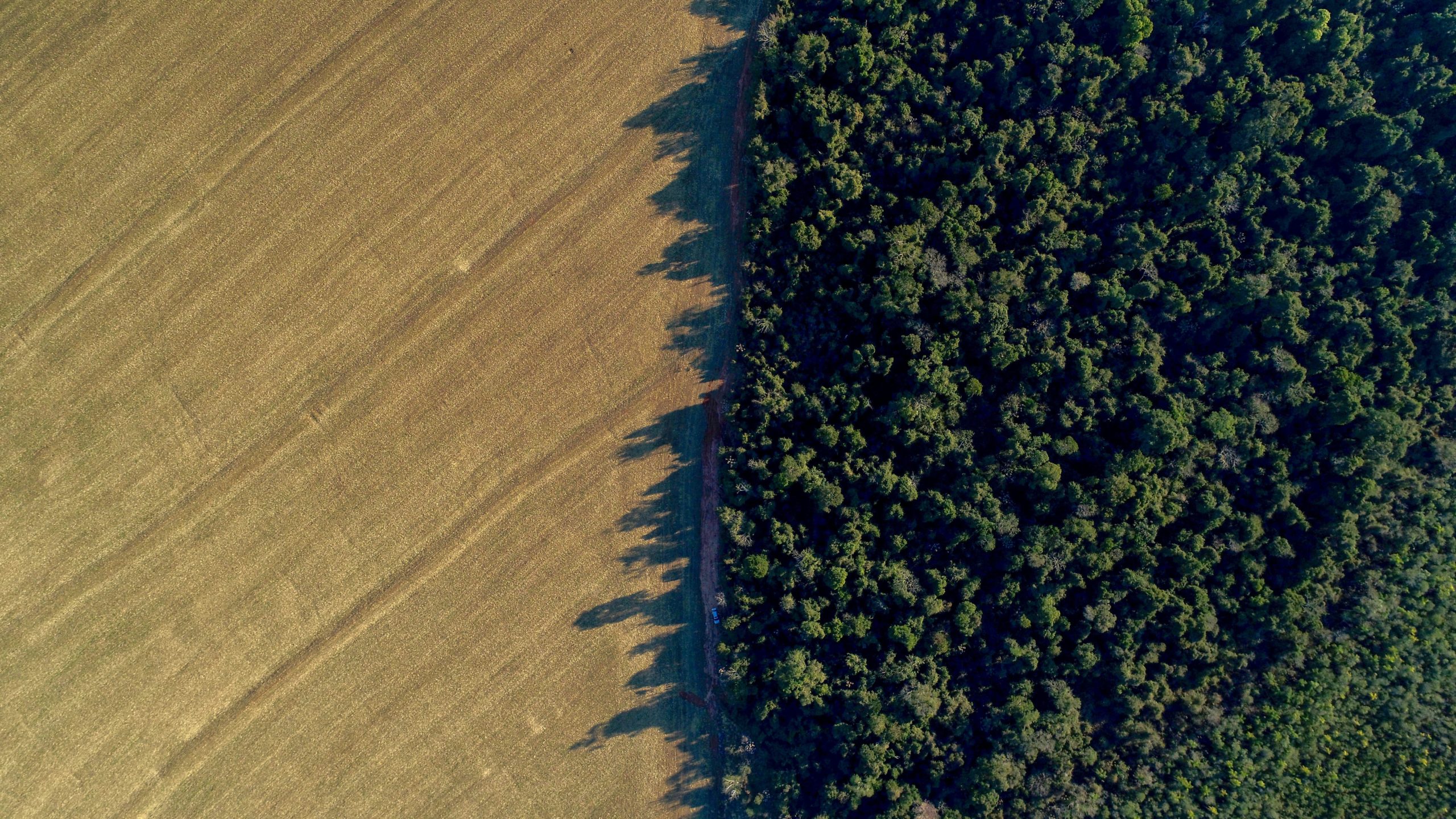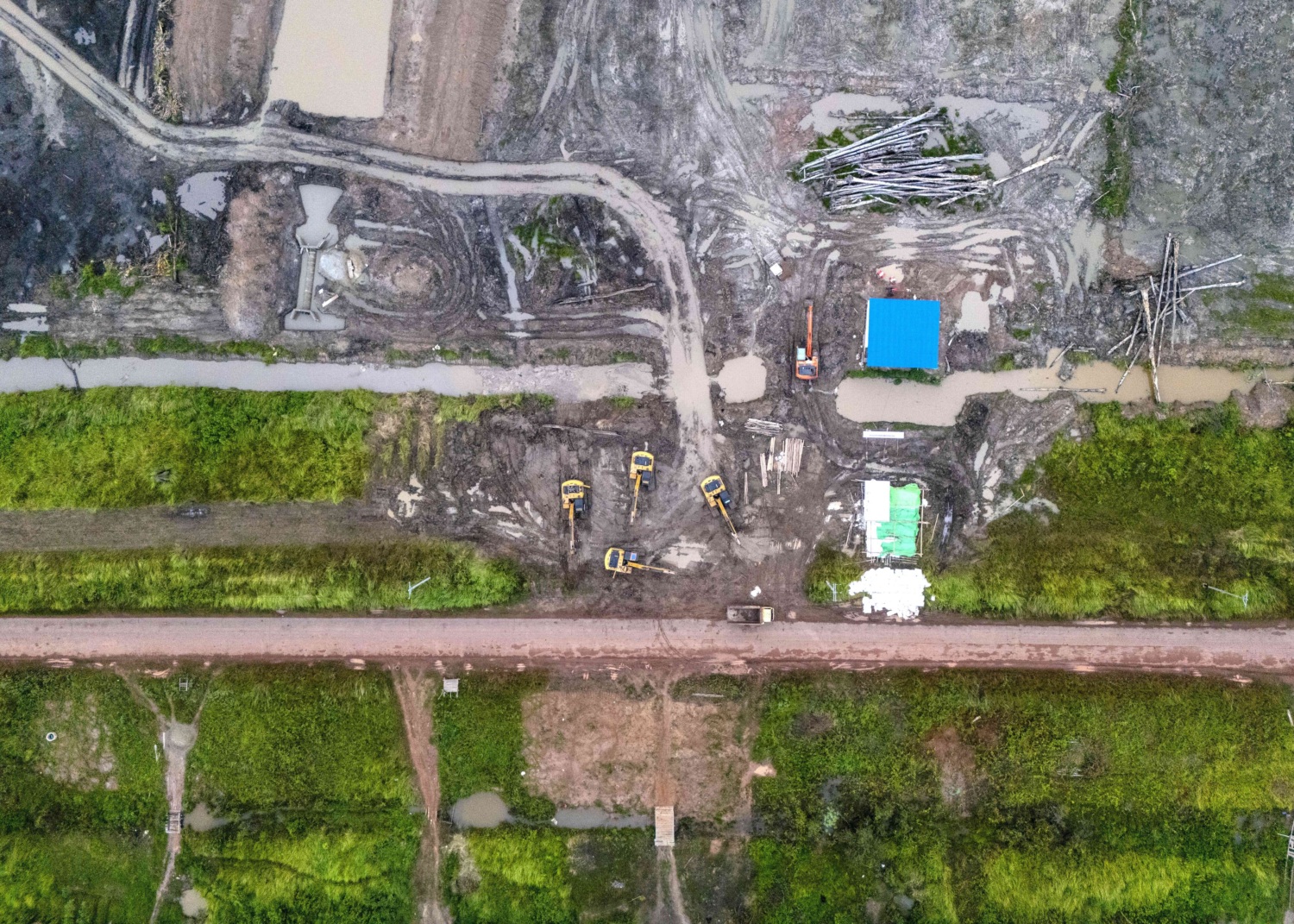
Stop the Attack on Public Lands – Statement of Principles
Recent efforts from the Trump administration to roll back federal public lands protections and weaken bedrock environmental laws like the Endangered Species Act, the Antiquities Act, and the National Environmental Policy Act to allow expanded industrial activity are highly controversial among the American public and pose irreparable risks to the American landscape. They also pose the risk of stranded assets to companies that seek to exploit these rollbacks.
We oppose the opening of protected or previously protected federal public lands and waters to development. We strongly urge companies involved in mining or other extractive activities, and the banks that fund them, not to conduct or finance any new or expanded commercial activity on any public lands and waters that were formerly or are currently under legal or administrative protections, or that would impact these lands and waters, and to adopt a clear policy clarifying this position.
Public lands are managed in trust by the federal government for current and future generations. Since taking office, the Trump administration has taken the unprecedented action of removing protections from more than 150 million acres of public lands, and trying to remove protections for more than 119 million acres of public waters– areas that have been put into protection for their cultural, ecological, or recreational value. The administration has also offered up nearly 500 million acres of public land and water for oil and gas development. *
Some of the most controversial rollbacks and proposed changes by the administration to federal public lands and waters — changes that we urge companies to ignore and oppose — include:
- modifying Bears Ears and Grand Staircase Escalante National Monuments in Utah
- opening up the Arctic National Wildlife Refuge and previously protected areas of the Arctic Ocean to oil and gas exploration
- reducing protections put in place to safeguard sage-grouse habitat spanning 7 western states
- abandoning the recommended mineral withdrawal for Minnesota’s Boundary Water Canoe Wilderness Area
- proposing to lift the ban on uranium development near the Grand Canyon
- unraveling National Roadless Rule protections in the Tongass National Forest in Alaska
We also want to urge against developing or expanding operations surrounding protected or formerly protected lands that would significantly damage the integrity of those lands.
Many of these projects are mired in litigation, challenging the legality of any current or future industrial activity initiated in these regions and providing evidence of the risks associated with conducting commercial development on lands that the American public has deemed valuable for protection. There is good reason to expect these lawsuits will succeed based on recent court defeats to major environmental decisions made by the administration because of an inadequate public process, tribal consultation and/or environmental review.
Even if properly approved, these projects also face severe public scrutiny. Protecting public lands for future generations has enjoyed broad bipartisan public support for decades. A 2016 Hart Research Associates Poll showed that 91% of voters across political parties ranked the protection and maintenance of national parks, public lands, and natural places as an important goal for the federal government. Facilities and associated infrastructure that would be developed to support resource exploration and extraction on public lands fragments habitat, displaces wildlife, increases pollution, endangers public health, damages culture resources and scars the landscape.
For these reasons, we are gravely concerned that companies seeking to exploit the Trump administration’s recent efforts and recommendations to roll back protections on public lands and bedrock environmental laws puts them and their investors at significant risk of public backlash and stranded assets, should these actions be legally challenged or protections be restored by the courts or by future administrations.
Consequently, we strongly urge all companies that engage in or finance extractive activities not to initiate any new or expanded industrial or commercial activity — including participating in lease sales — that is on either protected or formerly protected lands or waters, or that would significantly impact protected or formerly protected lands and waters, and to issue public statements clarifying their policy on this issue.
* Since Trump took office, his administration has offered 436,392,125 offshore and 19,261,339 onshore acres to the oil and gas industry.


